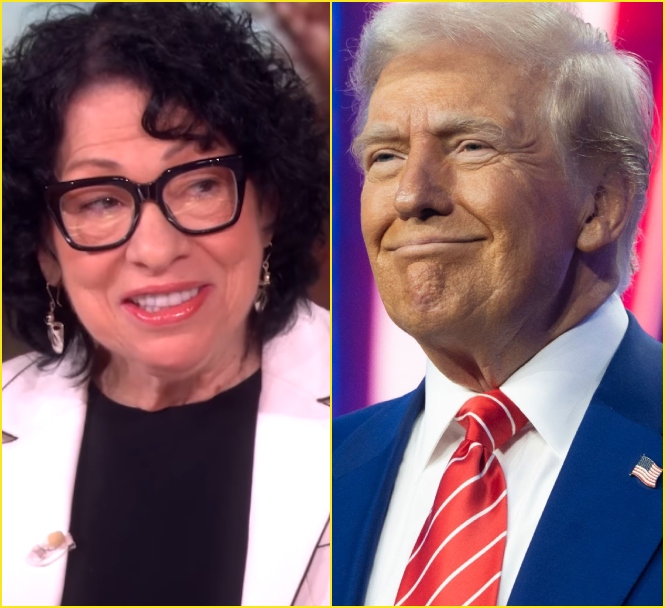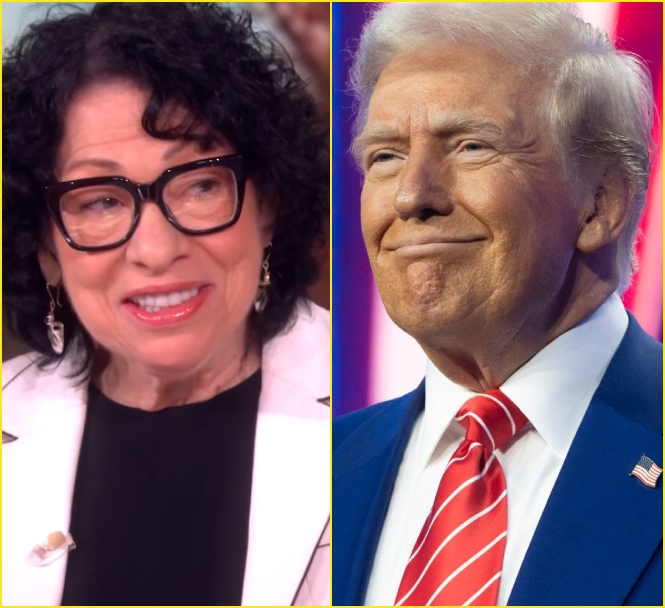During an appearance on The View, U.S. Supreme Court Justice Sonia Sotomayor addressed the recent political chatter surrounding the 22nd Amendment, which limits U.S. presidents to two terms, and whether it could be challenged in the future.
When asked directly if she believed the amendment was “settled law,” Sotomayor offered a nuanced response, one that acknowledged both the strength and procedural reality of constitutional law.
“The Constitution is settled law,” Sotomayor explained. “No one has tried to challenge that. Until somebody tries, you don’t know. So it’s not settled because we don’t have a court case about that issue. But it is in the Constitution. And one should understand that there’s nothing that is the greater law in the United States than the Constitution of the United States.”
Her remarks, comes amid discussions over President Donald Trump’s potential future ambitions. The questioner noted speculation that Trump might attempt to seek a third term, arguing that the Republican Party might back such a move.

A Rare Public Comment on Constitutional Boundaries
Justice Sotomayor’s comments stood out not only for their timing but also for their careful delineation between what is “settled law” through judicial interpretation and what is explicitly written in the Constitution.
Legal analysts note that the 22nd Amendment, ratified in 1951 following Franklin D. Roosevelt’s four-term presidency, clearly restricts presidents to two elected terms.
While the language leaves little ambiguity — “No person shall be elected to the office of the President more than twice”, Sotomayor’s clarification highlights a foundational judicial truth: no law is considered “settled” until tested in court.
A Subtle Reminder of Constitutional Supremacy
By reaffirming that “there’s nothing greater than the Constitution,” Sotomayor echoed the judiciary’s longstanding position that the U.S. Constitution is the ultimate legal authority — a document not shaped by political will, but by judicial interpretation and the rule of law.
In a polarized political environment, her comment reads as both a caution and a reaffirmation: the courts, not public opinion or party power, determine the boundaries of constitutional authority.
Whether or not a third-term challenge ever arises, Sotomayor’s statement is a timely reminder that constitutional limits remain binding, unless and until they are judicially tested.

